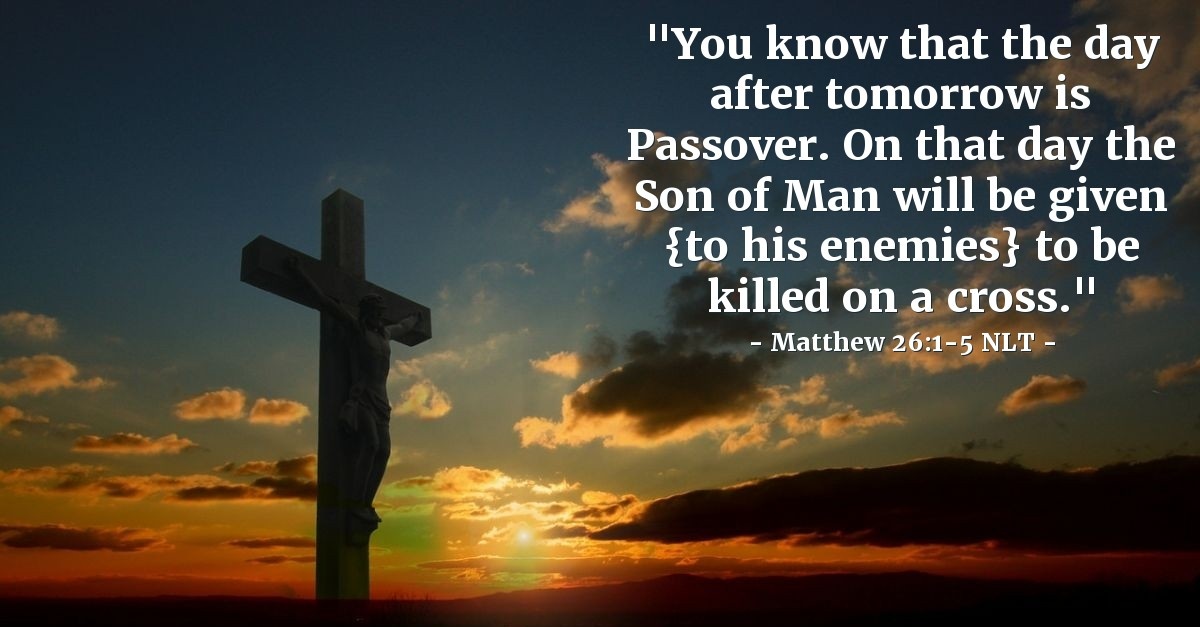


Jesus the anointed son of David is not only the branch of David’s felled dynasty, but the very root of David’s kingship. The city that refused his leadership could only be redeemed by recognizing the one who comes in the name of the Lord (Matthew 23:39). If heaven gave both roles to the king, he alone could save his people. That’s why Jesus told them the temple was going down, causing great suffering for the city (Matthew 24). The temple that refused its king would be stripped of authority. Even before there was a Levitical priesthood, there was someone who was called king and priest (Genesis 14:18).

Aaron’s grandson had been promised an enduring priesthood across the generations (Psalm 106:30-31), just as David’s family had been promised the kingship forever (2 Samuel 7:16).ĭespite this, Psalm 110 declared that God would give the kingship to David’s lord when he restored the kingdom. One person could not have both roles, despite the temporary arrangements in Zechariah and the kingship claims of the Hasmonean family. But it makes sense as heaven’s response to the temple handing over the king of the Jews to be crucified by the nations.Īnyone familiar with the OT knows that the high priest must be a descendant of Aaron (from the tribe of Levi), whereas a king must be a descendant of David (from the tribe of Judah). The power shift never occurred in the Old Testament kingdom. This decree resolves the temple/kingship conflict. Jesus was convinced the era of his reign would reach fulfilment as he reigned in the midst of his enemies, with his followers training the nations to obey everything he commands (Matthew 28:18-20). His understanding of divine authority was even greater than revealed in the Psalm. That’s why Jesus did not follow the violent tone of Psalm 110:5-7. The resurrection from the dead would be the divine decree that raised him up and gave him the kingship (16:21-28). He expected divine authority to come to him in the midst of his enemies - while he and his followers are taking up their crosses. Jesus believed the temple would fall because of God’s decree, without him needing to bring it down (Matthew 23:38 24:2). He refused to call on troops, earthly or heavenly (26:52-53). The Psalm spoke of willing troops, but Jesus was not assembling troops against them. The temple leaders wanted to kill God’s anointed (Matthew 16:21 17:23 23:31-37). For six centuries before Christ, God’s people had been dominated by foreign rule, held captive to their enemies.īut Jesus sees that the enemies of God’s reign were not just foreign kings and emperors. This decree is the corollary of the first. “Rule in the midst of your enemies …” (110:2) It’s the essential meaning of Christ: the one anointed to reign on earth with heaven’s authority, siting at the right hand of the All-powerful One (Matthew 26:64). This has been Jesus’ consistent message, calling them to turn to him, for heaven’s reign is now close to being restored (Matthew 4:17). If God gave the kingship to someone whom David calls my lord, then someone greater than Solomon is here, and the temple needs to consider its relationship with the king. This decree resolves the demise of the Davidic kingship (Psalm 89:20-49), by giving the authority of the divine throne to David’s lord. “You are a priest forever, in the order of Melchizedek.” Arrayed in holy splendor, your young men will come to you like dew from the morning’s womb.Ĥ The Lord has sworn and will not change his mind: “Sit at my right hand until I make your enemies a footstool for your feet.”Ģ The Lord will extend your mighty scepter from Zion, saying,ģ Your troops will be willing on your day of battle. A hundred years before Christ, priests from the Hasmonean family were making kingship claims, claims asserted with much bloodshed.īut the three decrees of Psalm 110 change the authority structure on earth: a) restoring the kingship, b) resolving the enemies, c) reconfiguring the priesthood. After the exile, the high priest was given the crown (Zechariah 6:11-14) until the kingship would return (Zechariah 9:9). In the days of the kingdom, the two roles that were “christed” (anointed) by heaven had been in conflict. Jesus quoted the Psalm in the context the king/temple confrontation (Matthew 21–28). And the third would have been too frightening to face. The second would have put them in an unenviable position. Jesus quoted the first, and that was enough to silence his opponents (Matthew 22:41-46). Psalm 110 proclaims three edicts from heaven that reconfigure authority on earth.


 0 kommentar(er)
0 kommentar(er)
